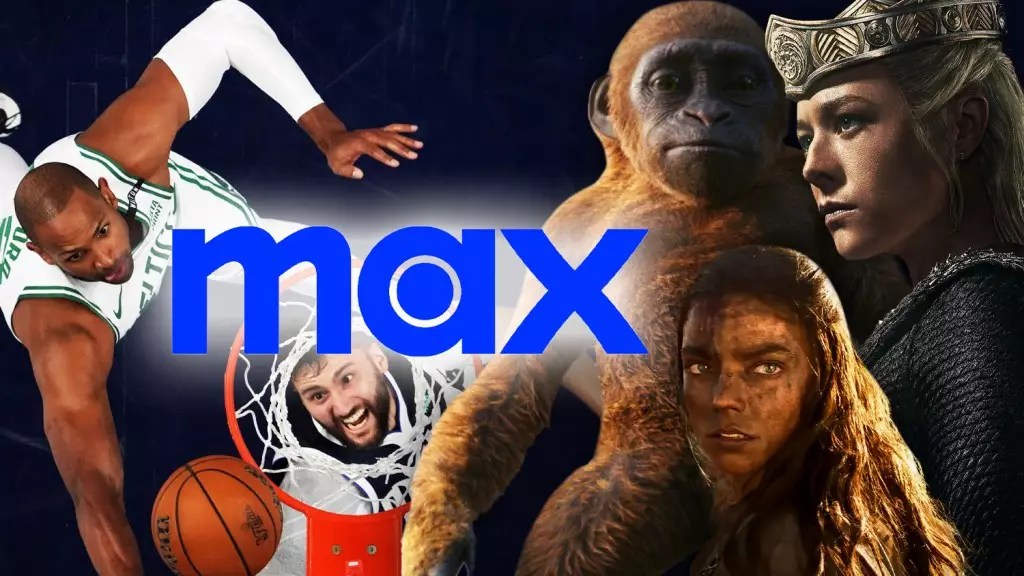Warner Bros. Discovery recently announced a significant non-cash impairment charge amounting to $9.1 billion at its networks division. This write-down is aimed at aligning the book value of its linear television business with the current reality of uncertain advertising and sports rights renewals. The NBA’s decision to move on has further complicated the situation. The merged entity, which saw a much higher valuation of its linear assets at the time of the merger, has been impacted by consumer migration and a decline in advertising revenue, reflecting a broader trend in the industry.
One of the unique challenges faced by Warner Bros. Discovery is the loss of a lucrative basketball package to Amazon. Despite efforts to exercise matching rights and sue the NBA to regain access to the games, the outcome remains uncertain. While initial statements suggested that the company could move forward without the NBA, the loss is now being characterized as a significant blow, raising concerns among investors.
The goodwill impairment was triggered by various factors, including discrepancies between market capitalization and book value, softness in the U.S. linear advertising market, and uncertainties surrounding affiliate and sports rights renewals. In addition to the impairment charge, the company also reported $2.1 billion in pre-tax acquisition-related expenses, but provided limited details on the specifics. The current scenario has led to a decline in stock value, with investors urging the company to consider strategic actions, such as asset sales or restructuring.
Despite the challenges faced by Warner Bros. Discovery, the second quarter earnings report highlighted some positive developments, particularly in the streaming segment. The company witnessed a substantial increase in streaming ad revenue and added over 3.6 million subscribers, bringing the total to over 103 million. Streaming ad revenue saw a significant surge, nearly doubling compared to previous periods. However, despite these gains, total direct-to-consumer sales fell by 6%, and losses widened to $107 million.
The traditional media business of Warner Bros. Discovery also encountered difficulties, with networks revenue and profit declining by 8%. Distribution revenue fell primarily due to a decrease in domestic linear pay-TV subscribers, while advertising revenue dropped by 9% as a result of audience declines and a soft advertising market in the U.S. Despite these challenges, content revenue saw a modest increase driven by third-party licensing deals.
As Warner Bros. Discovery navigates through these challenging times, the company’s leadership, including David Zaslav, is focused on strengthening the global direct-to-consumer business. The continued expansion of streaming services, along with investments in high-quality content, remain key priorities. While the company faces significant headwinds and uncertainties, the emphasis on streaming growth and international expansion could pave the way for sustained long-term success.


Leave a Reply